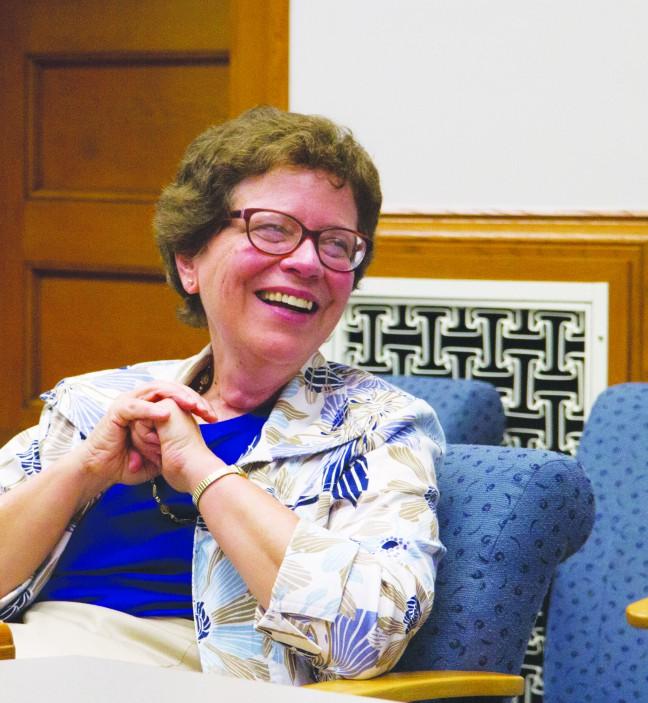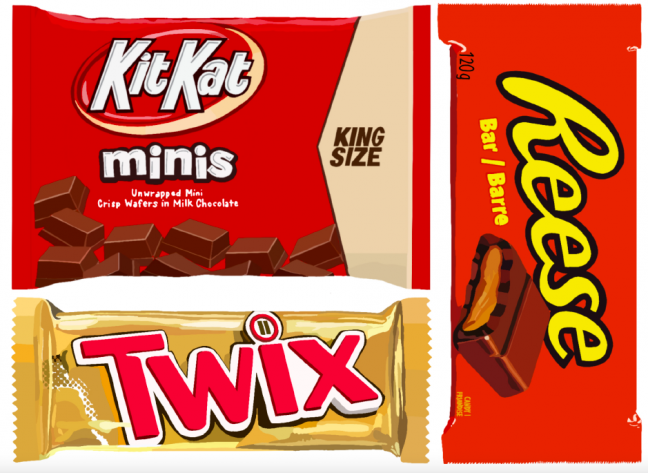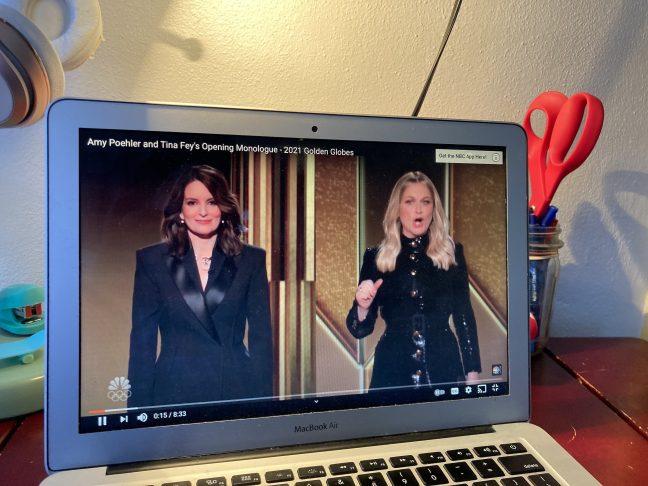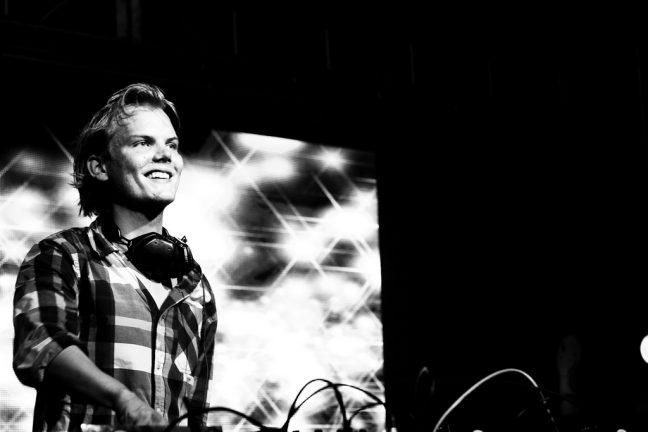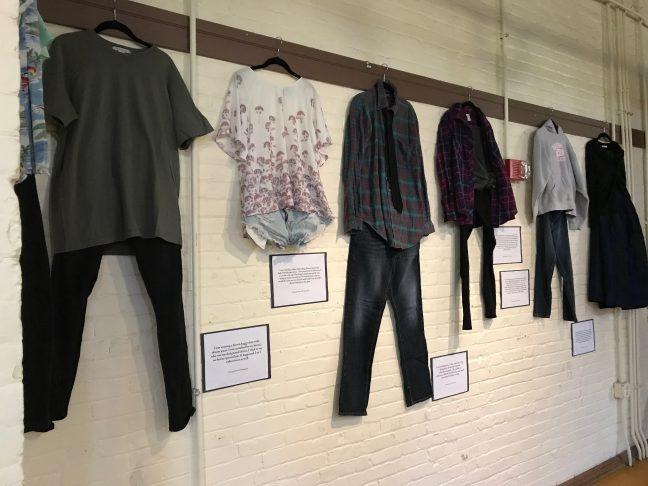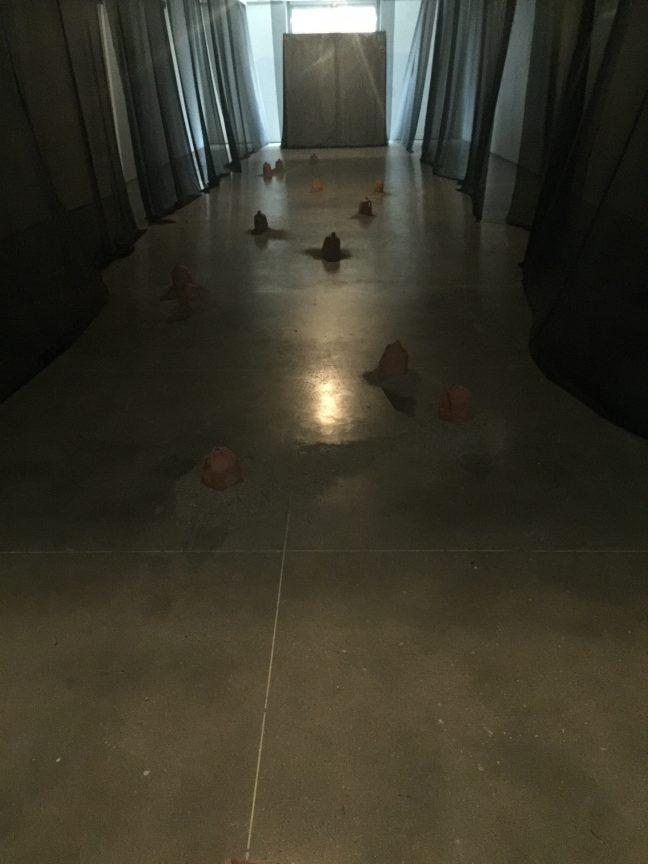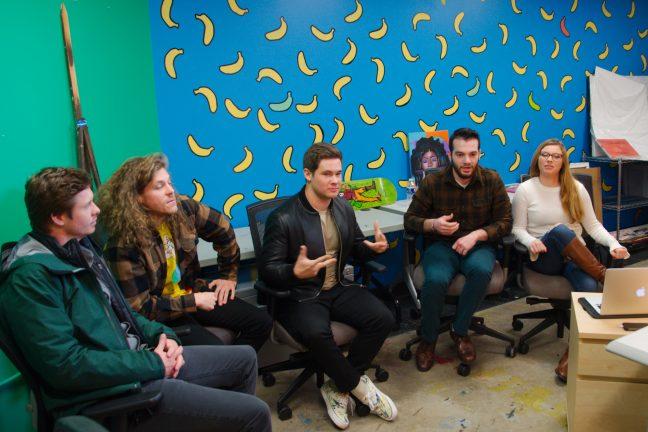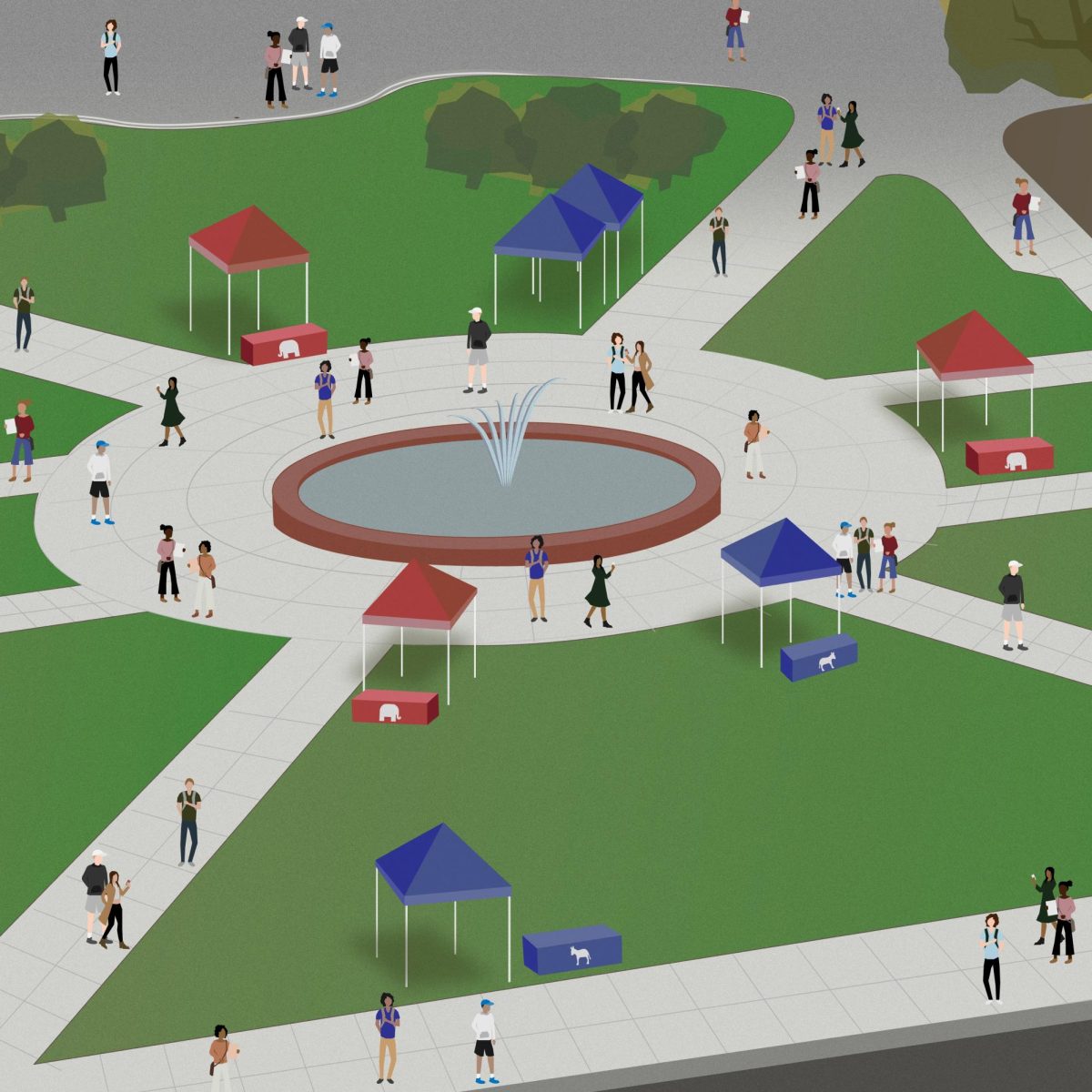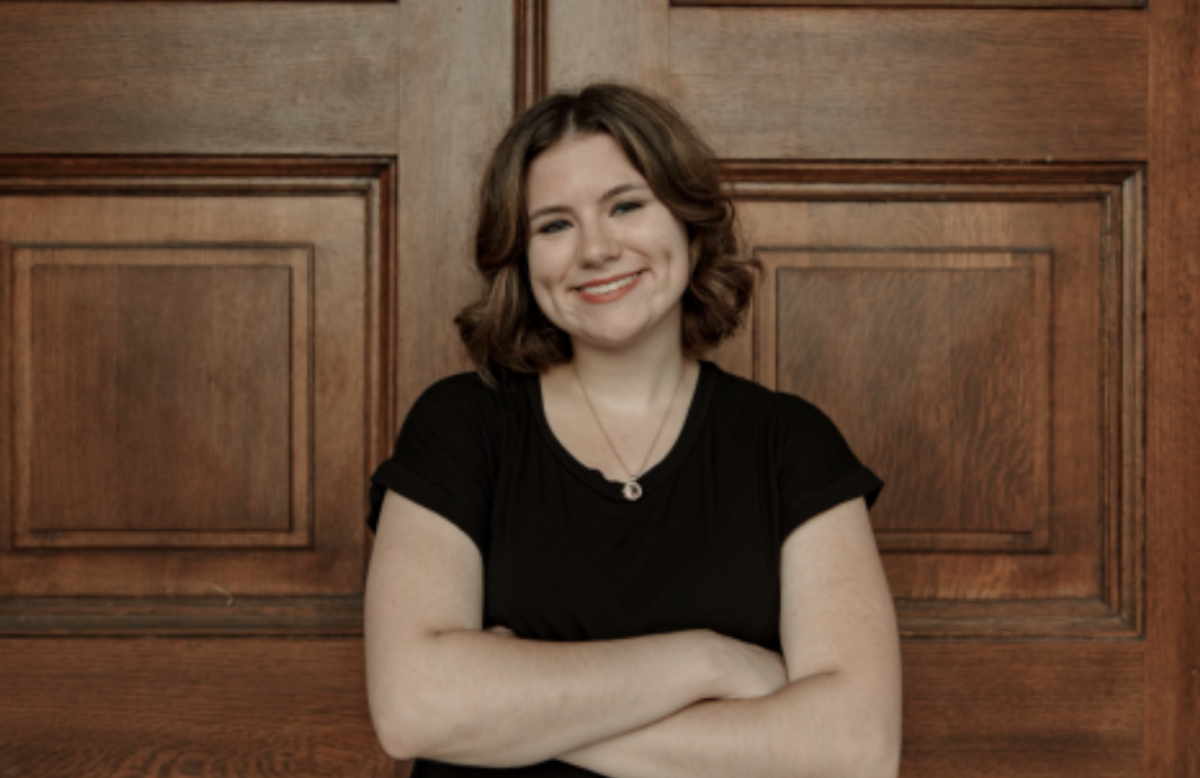In a conversation with the Daily Cardinal and The Badger Herald, Chancellor Rebecca Blank and Dean of Students Lori Berquam addressed campus issues of sexual assault, alcohol policy, tuition cost and diversity.
In response to how the university should handle the scrutiny on Greek life following incidents of date-rape investigations at UW-Milwaukee, Blank and Berquam spoke in defense of the organizations and the service they do for the community, while acknowledging that there are “pockets of concern” related to alcohol abuse that extend throughout the university.
State, campus officials turn their attention to preventing sexual assaults
Berquam said one way the university has addressed issues of sexual assault on campus is to mandate first-year and transfer students to watch the video series ‘Tonight’ which serves to educate on assault prevention. Berquam said at the core of this effort is the need for there to always be a clear ‘yes’ when sex is involved, not just the absence of resistance.
Issues of sexual assault on campus are highly correlated with alcohol abuse, Blank said. She said this year the university has done more work to be transparent about the fact that alcohol abuse on campus is being monitored to address the problems associated with it.
“I think the bottom line [is] regarding how do we create community, and how are we effectively communicating with each other? Recognizing that alcohol has played a role and how do we make sure that when there is sex involved that consent is connected to any sex that ensues,” Berquam said. “I think consent has to be at the core of what we do.”
One way the university has sought to address the issue of alcohol abuse has been the implementation of a Responsible Action Policy, which allows students to be exempt from legal consequences should they report to police an incident related to alcohol. Berquam said, however, she can not recall an instance in which the policy has been used and was a poorly written piece of legislation.
Berquam said it saddens her that students would ever feel hesitant to seek help for their friends just to avoid repercussions from law enforcement. She said the ‘Tonight’ video also addressed how to seek help even when students feel social pressure not to appear as a “goody goody.”
“That’s what we stand for is that we take care of each other, we don’t let anybody else fall victim to anything and that we are willing to take a stand. If we do that, I really think we can move the needle on this. That’s what the ‘It’s On Us’ campaign is about, is that it it is about us as a community coming together, but I think it holds true for alcohol as well.”
Law enforcement was unhappy with the policy because of the loopholes it gave to students in cases that charges should have been applied, Blank said. At the same time, it applied strictly to UW students so if a 19-year-old reported an incident they would face harsher consequences if they did not attend the university.
Berquam said she was concerned about having students not of legal drinking age be taken to detox with a blood alcohol level of 0.3. Blank said with so many alternative activities going on in the city and on campus, she finds a problem in students having to drink in excess to have a good time.
Blank said the fact that alumni are able to look back at their academic achievement at UW says a great deal on top of the fact that students have a great time while they’re here, oftentimes engaging in the drinking culture that is prevalent in Madison. However, she said having the university high on party rankings is not something she wants to be known for.
Berquam said she worries that having such notoriety for partying can in some cases detract from the reputations of alumni in their professional lives following graduation.
“I was meeting with a young alum earlier this fall who said when the Playboy ranking specifically came out, they were razzed at their place of employment,” Berquam said. “It devalues the UW-Madison degree, and is that what we want? The whole idea is that in his place of work and his office, it was like, ‘You’re not that smart. You come from a Playboy list school.’”
To no Badger’s surprise, Mifflin, Freakfest reign on list of top college traditions
Issues of alcohol abuse can be traced back to the drinking culture in the state, Berquam said. While the issues has not been actively pursued by university officials, Berquam said longtime legislation in Wisconsin should change for there to be a change in the access underagers have to alcohol, while also solving issues with funding that could further benefit the university.
Berquam said the state of Wisconsin, as opposed to other states, uses a beer barrel tax by one penny whereas a can or bottle tax is used elsewhere.
“I don’t think anybody would notice if on a six pack it went up six cents,” Berquam said.
In terms of the value of the degree, Blank addressed her thoughts on the values of the university to the state and how that should be reflected in student tuition fees.
She said while the university is very sympathetic to the need to make attendance at UW affordable to students from Wisconsin, she does not believe that out-of-state tuition reflects true market price of the university.
At the same time, Blank addressed the fact that much of the diversity on campus comes from international and out-of-state students. She said she believes raising out-of-state tuition costs would not be a huge threat to admissions as many students apply to UW and choose more expensive schools. In her ideal world, Blank said, she would raise tuition and get additional financial aid so that students who can afford UW will come and those who cannot can get aid. Cost should not be a reason not to come to UW, Blank said. UW should be in the $34,000-$36,000 range, Blank said.
“I do need to be able to attract low-income students both internationally and out-of-state to the University of Wisconsin,” Blank said. “We want that. We want that for diversity purposes. We want that because I don’t want to be a university that only attracts the rich kids. It sets the wrong environment here.”
Read the full interview here.
Transcript: Interview with UW’s Rebecca Blank and Lori Berquam


